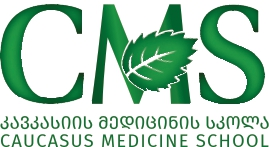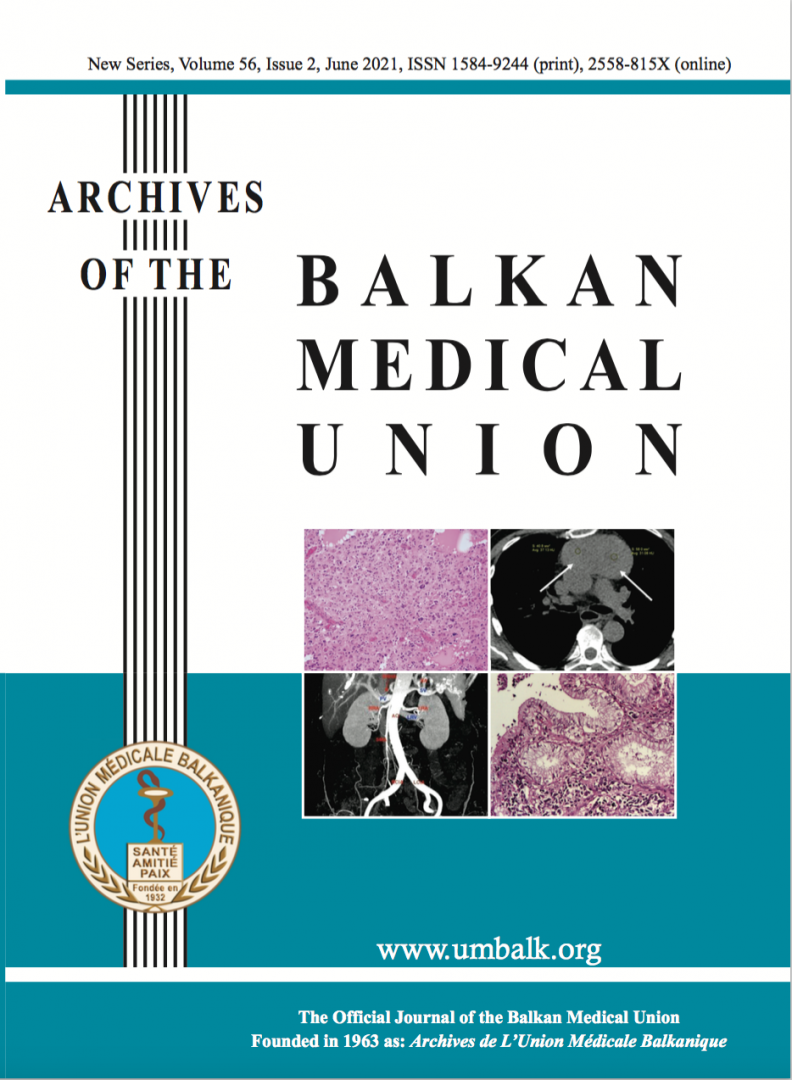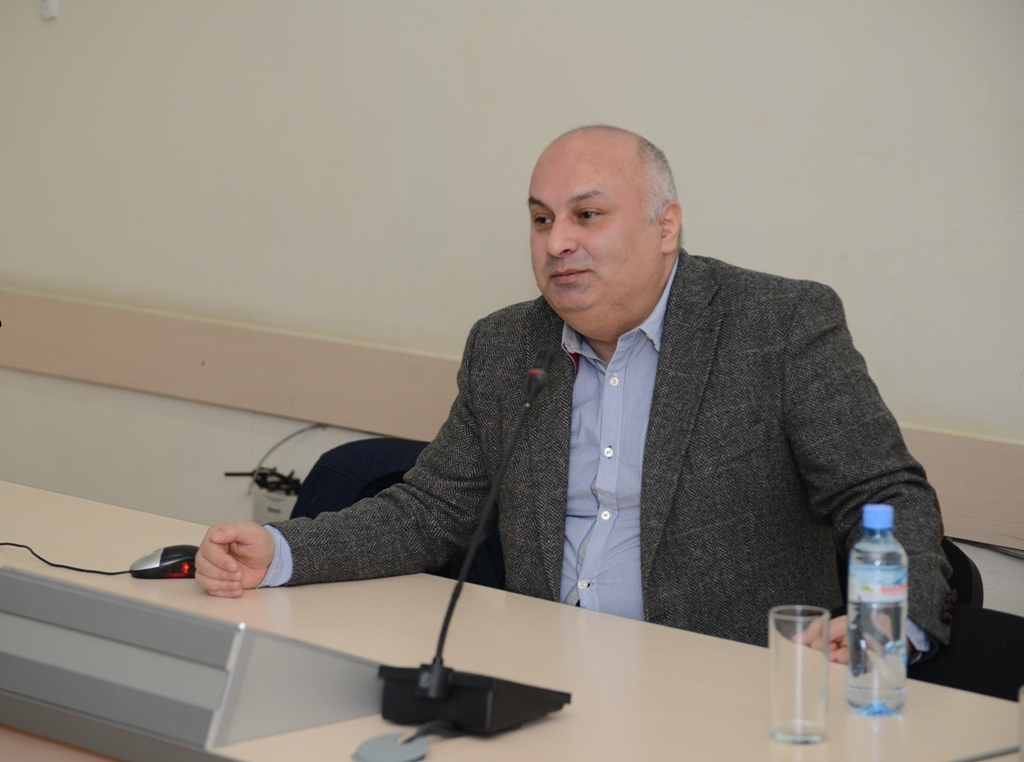The article "Primary Health Care Reforms in Georgia: The Experience and Challenges" by Professor Tengiz Verulava of Caucasus University and Avtandil Zorbenadze, Chairman of the Supervisory Board of the Chapidze Heart Disease Center, was published in the international peer-reviewed European journal "Archives of the Balkan Medical Union."
view the article's link
Primary Health Care Reforms in Georgia: The Experience and Challenges, Verulava T, Jorbenadze A. 57(4):384-389, Arch Balk Med Union, 2022. https://doi.org/10.31688/ABMU.2022.57.4.07.
The international scientific database SCOPUS (Elsevier) has the journal "Archives of the Balkan Medical Union" indexed, and it has a CiteScore of 0.8. see. https://www.scopus.com/sourceid/100850
Primary health care is regarded as a cost-effective mechanism for the operation of the health-care system, with a focus on disease prevention and health promotion.
The reorientation of Soviet medicine from inpatient treatment to prevention and primary health care was an important part of the reorganization of Georgian health care after gaining independence.
Georgia was one of the first post-Soviet countries to implement primary health care policies. The concept of family medicine was created. The Ministry of Health created the Department of Primary Health Care. The Society of Family Medicine was founded. Family medicine was recognized as an academic discipline, and medical training programs were established. Programs were developed with the primary goal of training doctors to become family doctors.
During the Soviet period, the primary health care organized according to the district-territorial principle, where the patient did not have the right to choose a family doctor, was replaced by the principle of free choice. As a result, the patient was given the option of selecting a family doctor.
Primary health care organizations have become separate legal entities. The medical organization and the health care personnel established contractual relations. The per person financing method was chosen for financing primary health care organizations, which contributed to increased doctor competition and provided incentives for providing high-quality medical care.
25 years have passed since Georgia's health-care reforms began, but an effective primary health-care system has yet to be established. This is demonstrated by patients' low referral and trust in their family doctor. The development of the family doctor's institute, which implies the promotion of continuous medical education for family doctors, the optimal geographical distribution of the primary health care system, and increased accessibility, while ensuring normal labor remuneration, should be prioritized in primary health care reform.




